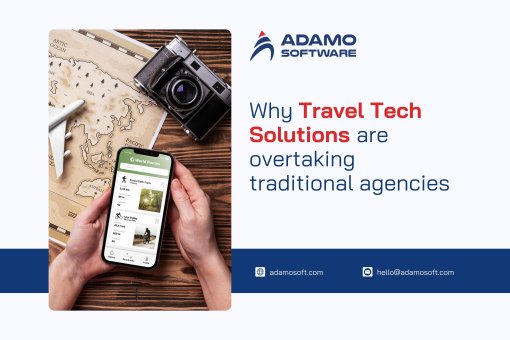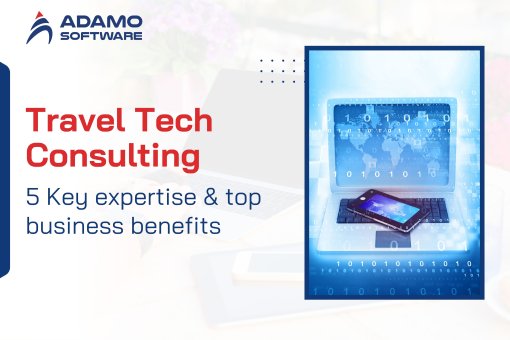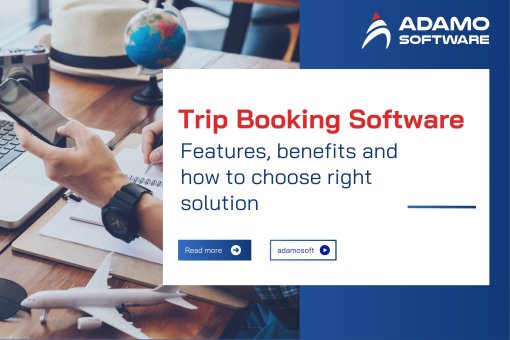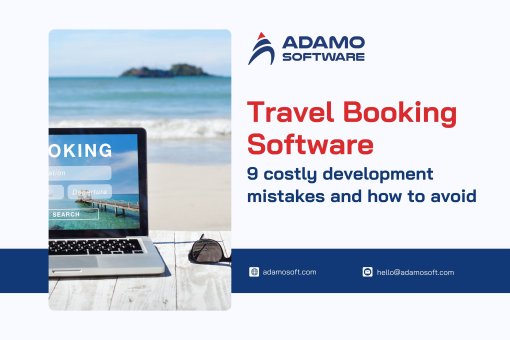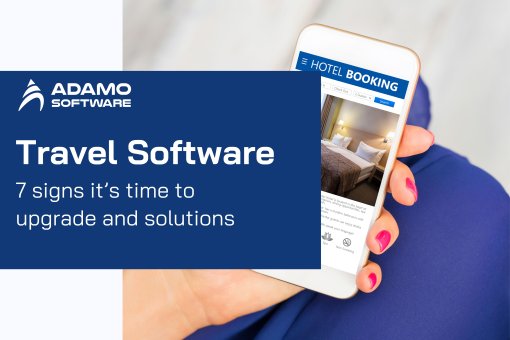XML API Integration: Which is the best for Travel Agents?
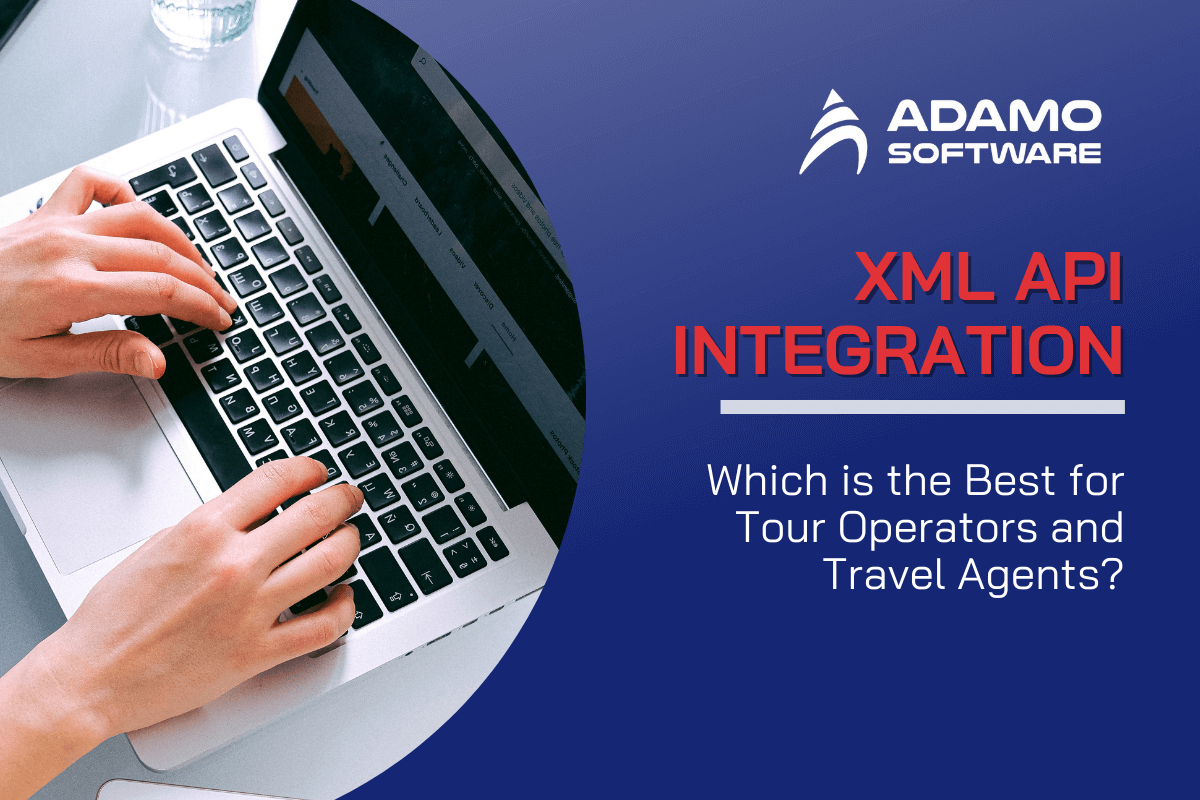
Travel XML API Integration allows you to streamline opportunities and efficiently meet the needs of multiple guests. Check it out.
Ultimately, XML API Integration is a connection source that functions as an interpreter between consumer and provider, allowing for multiple formats or programming languages. This method makes it easy to display detailed information about hotel providers, automobile rental providers, and others.
You can easily share XML data between applications, browsers, and operating systems using an XML API. The XML API Integration retrieves data from a database and converts it to XML format before sending it to an application that accepts XML inputs. This effectively allows you to treat your database as though it were XML-structured.
I. What is XML API Integration?
XML API Integration is ultimately a connection source that functions as an interpreter between the guest and the supplier, allowing for multiple formats or programming languages. This method makes it simple to display comprehensive information about hotel providers, vehicle rental providers, and others.
Travel XML API Integration offers a real-time booking platform and booking software integration. This allows you to streamline opportunities and meet the diverse needs of guests in the most efficient manner possible. Incorporating XML API Integration into your travel company’s website can generate a flexible and contemporary design without the need for costly and intricate design plans.
Read more the article here to find what is B2C travel portal that can improve tourists experiences through travel apps.
II. What is the Importance of XML API Integration in the travel website?
With XML integration, your travel portal becomes a comprehensive storage engine from which consumers can obtain comprehensive information regarding airline reservations, hotel accommodations, car/bus rental, etc.
With this travel technology, agents can integrate their websites and provide travelers with the best industry discounts. The integration of an XML API provides the travel website with the most effective factor for attracting an increasing number of travelers. Travel agents may select Direct API, Third-Party API, or a white-label solution based on their business type and budget.
By incorporating the API into your travel portal, a travel agent or travel management company can easily optimize the business and offer customers travel products including hotels, flights, transfers, and tour packages.
III. How does travel XML API Integration work?
Travel XML API integration is typically divided into two distinct categories, or, more precisely, the most commonly used Travel APIs are for hotel and flight reservations.
Combining hotels and flights with one or more GDS systems enables them to sell their hotel rooms and flight tickets online, regularly updating their prices, availability, and other details. Currently, the GDS system has hundreds of vendors from various nations utilizing distinct interfaces for this system.
– B2B Interface: A supplier is directly linked to the GDS system upon payment of an annual installment deposit and a fee, allowing the supplier to gain access to the GDS inventory and begin selling flight tickets.
– White Label Interface: A portion of the GDS enables providers to have a white label interface and to book directly from their website.
– API Interface: This is how everything is improving. To obtain hotel inventory or flight tickets from the GDS, the supplier will use the API interface, which provides various information such as accessible data, costs, etc.
Also read: What is Travel API? Which Travel API Integration is Suitable for Travel Solutions?
IV. Take a Glance: Benefits of Implementing XML Integration with Your Travel Solutions
1. Cross-platform support
XML Integration is independent of a single platform. Users can seamlessly access it from various devices. It can collect information from your back-end database regardless of the database’s structure. XML API Integration can be viewed as a translator capable of supporting numerous programming languages and file formats. Therefore, it enables travel portals to assist their customers in comparing hotel prices, vehicle rental services, booking airline tickets, etc.
2. Full customization
XML’s compatibility with multiple platforms enables online travel agencies to tailor their XML API Integration. For example, you are free to select any payment gateway or distribution channel. Engaging content is the most effective element for quickly attracting consumers’ attention. The XML API Integration customization feature allows you to enhance the content and structure of your travel website.
3. Cost and time saving
You can save both time and money by implementing XML API Integration. It is a free, open standard that can be utilized at any time. Besides this, integrating API XML is a straightforward process.
4. Third-party integration
XML API Integration permits third-party tools. It enables the implementation of flight tracking APIs, GDS APIs, tours APIs, vehicle rental APIs, bus APIs, etc. Therefore, it facilitates the integration of multiple APIs under one roof.
5. Added security
XML API Integration is one of the most secure platforms for building API-based websites. Using it, you can promote your travel website and offer enticing deals to generate more leads. You would have full access to the database, preventing third parties from gaining access to confidential information about the actual provider. Additionally, you will receive maintenance and protection for your stock.
V. Explore the best online Travel XML API Integration providers
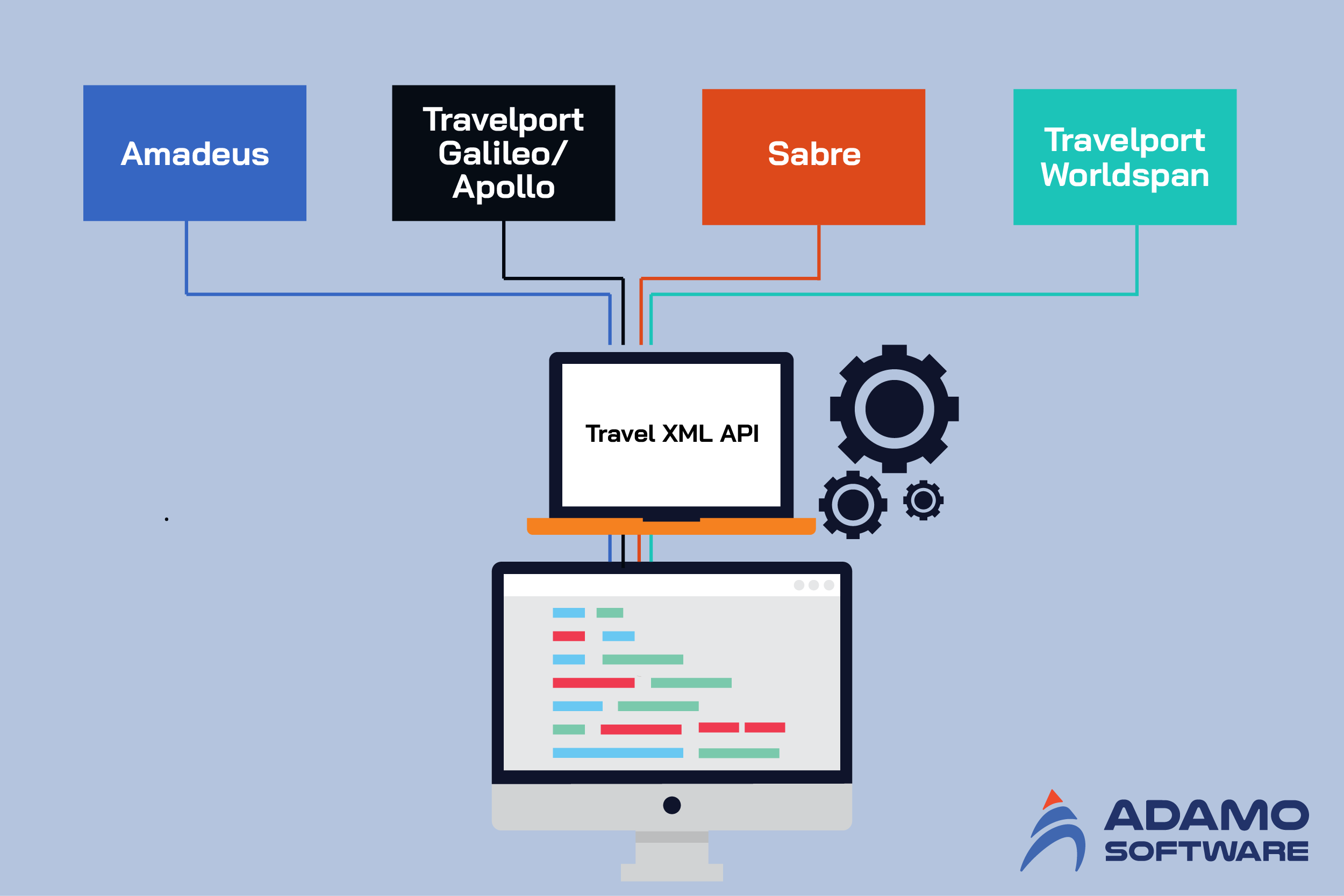
1. Amadeus
It is one of Europe’s major GDS systems. Amadeus accounts for approximately 40% of travel agency reservations and is utilized by approximately 90,000 travel portals. Initially, Amadeus concentrated on supplying airline inventories. However, it has expanded to include inventory for hotel accommodations, car rentals, trains, etc. It provides travel agencies with global B2B and B2C distribution and 24-hour access to hotel inventory.
2. Sabre
Sabre is an older GDS based in the United States than Amadeus. However, its market is lower, with approximately 60,000 travel agencies using the GDS. Even though it has a smaller market share than Amadeus, Sabre outperforms Amadeus in terms of hotel reservations. It also offers travel agencies and tourists the greatest access to the North American market.
3. Travelport
Travelport has its headquarters in the United Kingdom and ranks third on the list of the major GDS systems. In addition, it possesses subsidiaries including Galileo, Worldspan, and Apollo. Travelport’s primary market is North America, but it also operates in Europe and the Asia-Pacific region. Travelport provides airline, hotel accommodation, and hotel product inventories.
4. Abacus
It is the leading provider of travel solutions in the Asia-Pacific region, where approximately one hundred thousand travel agencies use GDS integration services. It offers Asia-Pacific-specific travel information on flight reservations, vehicle rentals, hotels, and insurance companies.
5. Worldspan
Worldspan, a subsidiary of Travelport GDS, provides global travel distribution services to travel agencies, suppliers, travel portals, and businesses. The Worldspan API offers interactive shopping tools with industry-first fares, booking technology, and pricing for hotel rooms, airline tickets, tour packages, rental vehicles, etc., which assists online travel agencies in reducing expenses and increasing revenues.
6. Galileo
Travelport’s Galileo software consolidates inventory for airline reservations, hotel rooms, cruises, train travel, and vehicle rentals. It also provides travel agencies with access to global hotel inventory and pricing information 24 hours a day, seven days a week.
VI. Outstanding Features of Travel XML API Integration with travel portals
1. Predicted search
Today’s travelers demand speed and efficiency from an XML API integration travel portal and predicted searches play a significant role in solving this puzzle. The user can view a prediction of their full search as soon as the first letter is entered with predictive search. While the predicted search only retains a small number of traveler-searched keywords, it is still a useful tool. Its high level of convenience encourages users to return to your website for future booking opportunities.
Especially when a travel agency’s travel portal setup is displayed on a mobile device. The expected search capabilities facilitate the purchase of passengers and serve as a reminder that the travel company is managed sustainably and by current technological expectations.
2. Customer’s comments
Due to the vast quantity of information available to modern-day travelers, the transparency of information relative to the travel experience is a crucial aspect of developing an XML API integration travel portal for consumers. A travel portal that allows customers to comment on all aspects of the travel agency’s operations contributes to greater transparency and enables travelers to interact with one another and form a small community, thereby allowing the company to engage customers and use their feedback to improve its performance.
3. Affordable payment methods
Providing consumers with the most cost-effective payment options should be a top priority for any API Travel Portal seeking to improve efficiency. Because travelers use various payment methods in the modern world, providing simple and user-friendly payment methods can strengthen the relationship between the website and the consumer (B2C) over time. Similarly to predictive search software, using software to store the preferred payment method of the consumer can encourage travelers to return to your website to make a purchase.
4. Social networks
Tourists and travelers are interested in relating their travel experiences and interacting with other travelers, sharing their experiences, and even offering advice. Most of these conversations occur on social networks like Telegram, Twitter, and Instagram today. Those travel portals that successfully integrate their social networks with their websites are in a better position to participate in these conversations and use them as a key factor to increase consumer engagement and online management strategies.
4. Google Maps integration
Combining the XML API integration travel portal with Google Maps makes it simpler for travelers to locate destinations and entertainment at their destination. This could result in more reservations. For instance, presume a customer intends to use Google Maps to find a hotel with a better location. While simultaneously locating a one-day cultural excursion close to his hotel using Google Maps. This action can be a deciding factor in a customer’s hotel selection.
VII. How to integrate XML/API with an Online Travel Agency?
The first step is for your travel portal to select the required XML API Integration/ API GDS company. When finalizing your suppliers, you must consider your business’s needs, their rates, and the regions they service.
Your online travel agency may require APIs. Therefore, suppliers submit API documentation to you and your technology partner, a company that develops travel portals. These documents contain information regarding the technical implementation of APIs, including URLs, identities, and other parameters.
The software development company for travel portals evaluates the APIs’ implement ability and whether or not they require modifications. In the event of any modifications, suppliers must give their approval to ensure that the changes adhere to their standards.
The company developing the travel portal then prepares a testing environment for the portal. After that, it provides a live environment for travelers to view live inventory and make reservations.
Currently, lots of travel companies choose to hire a dedicated development team to build their own travel portal development or website design, you can check here outsourcing trends will dominate the market.
VIII. Why Choose Adamo to Build Your Travel Solutions with Travel Portals?
As a leading travel and hospitality software development company in Vietnam, Adamo Software has lots of experience developing custom apps and working with different XML API integration. Therefore, we are confident in giving you essential information of the best XML API integration for your tour operators and travel agents. Besides, we also excel at other software development services such as fintech, healthcare, and food & beverage as well. If you are interested in developing your travel portal development, do not hesitate to contact us.






